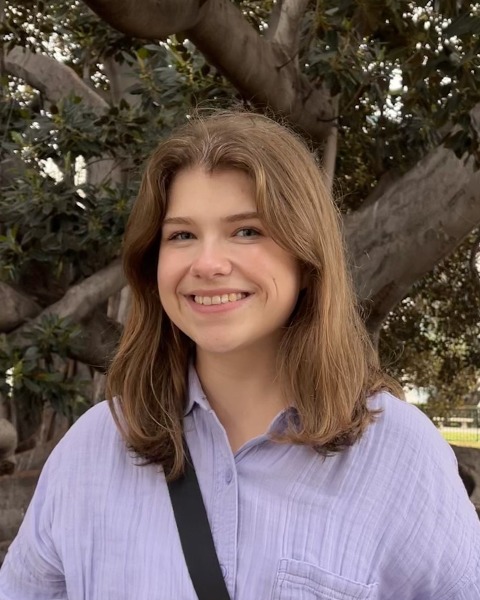Student Poster
On-Demand
Plant-Insect Ecosystems
Student Competition
Student
On-Demand Student Competition Posters
Changes in solar radiation and temperature affect plant-pollinator mutualisms

Elena Kaminskaia (she/her/hers)
PhD Student
University of California, Riverside
Riverside, California- CS
Clara Stuligross
Postdoctoral Scholar
University of California, Riverside
Riverside, California - NR
Nicole Rafferty
Assistant Professor
University of California
Riverside, California
Presenting Author(s)
Co-Author(s)
Climate change is affecting species interactions and disrupting ecosystem services such as pollination. Warming temperatures and increased frequency of wildfires are two major aspects of climate change that are likely to co-occur. Smoke-induced increases in aerosol loading have a potential to impact plant-pollinator mutualisms on a landscape level by dramatically decreasing incident solar radiation. The combined effects of warming and reduced solar radiation on pollination, while likely to occur simultaneously as climate change progresses and wildfire frequency increases, are generally understudied. We investigated these effects on experimental communities of three native plants and the solitary bee Osmia lignaria. We established three treatments in separate greenhouse rooms: ambient, warmed, and warmed accompanied by reduced solar radiation. In all treatments we measured plant and bee traits, interactions, and reproduction. We found that reduced solar radiation and warming of the environment can negatively affect plants and pollinators. Warming alone led to increased bee offspring production but generally negatively affected both plants and bees. However, the combination of warming and reduced solar radiation greatly lowered flower and nectar availability, as well as bee visitation rate, and negated the positive effect of warming on bee offspring production. The quantity and quality of interactions between plants and pollinators can be expected to decrease in a warmer world with more frequent wildfires, raising conservation concerns.

.png)


